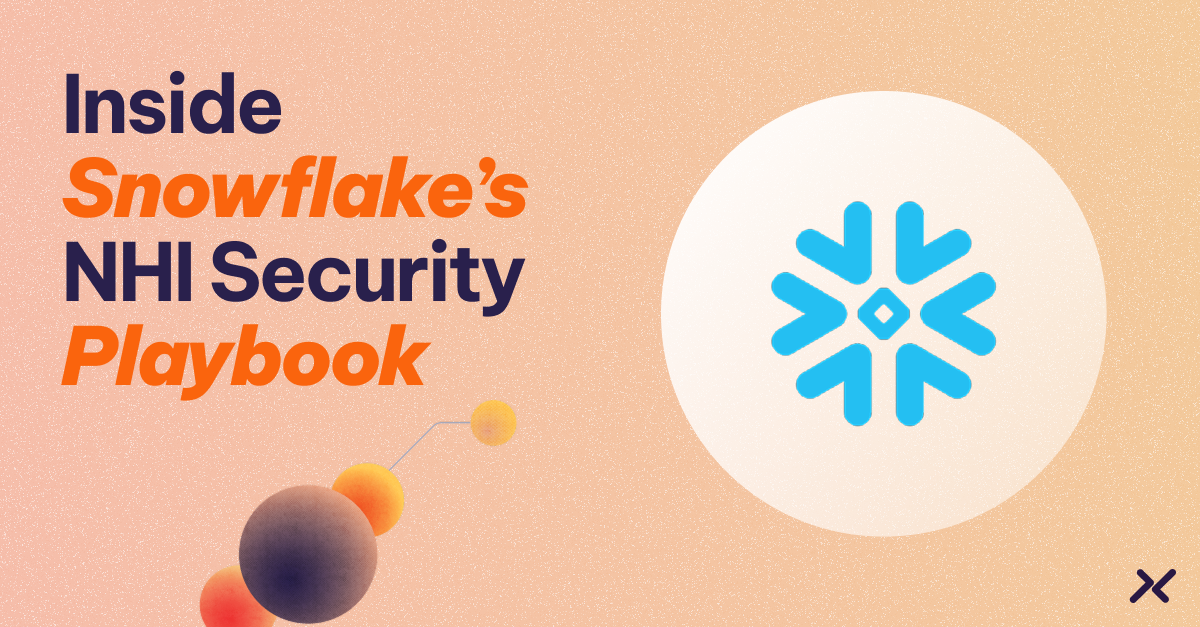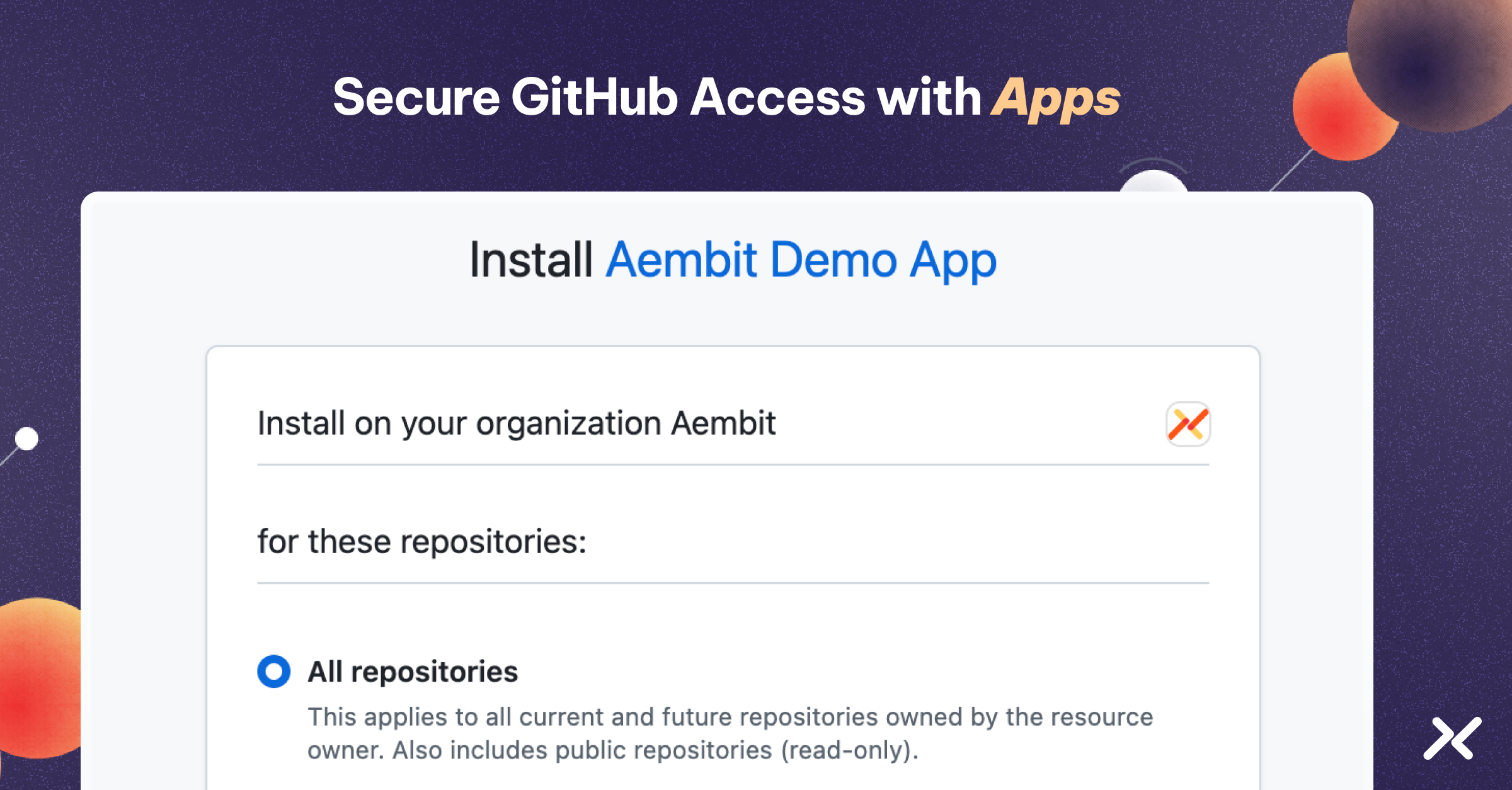Are you ready to experience secure, seamless access management for your workloads?
Aembit’s newly released QuickStart Guide makes it easier than ever for security engineers, DevOps teams, and developers to try Aembit on their terms. With a few steps and minimal dependencies, you can deploy example workloads, configure access policies, and see how Aembit simplifies non-human identity and access management.
Why Aembit?
The Aembit Workload IAM Platform secures access between software workloads – think: applications, scripts, and service accounts – using a policy-based, identity-driven, MFA-strength, and secretless approach that spans cloud, SaaS, and data center environments. Acting like Azure AD or Okta, but for workloads instead of users, our platform protects the expanding attack surface created by distributed workloads.
By automating the entire non-human access workflow – from discovery to enforcement and audit – from a centralized control plane, the platform delivers scalable and secure non-human IAM, shifting your focus away from long-term credential management.
What’s Included in the QuickStart?
The QuickStart is designed to help you experience Aembit’s power intuitively and quickly. By following the guide, you’ll experience firsthand how Aembit simplifies securing workload communications without adding operational overhead.
Our QuickStart guide walks you through deploying pre-built client and server workloads into a local Kubernetes environment using Docker Desktop and Helm. You’ll be guided through:
1) Setting Up Your Environment:
- Install Docker Desktop with Kubernetes enabled.
- Configure Helm for managing Kubernetes deployments.
2) Deploying Workloads:
- Use our Helm chart to deploy pre-built client and server workloads from DockerHub in minutes.
3) Signing Up for Aembit:
- Create an account, set up a tenant, and log in to the Aembit Web UI.
4) Configuring Access Policies:
- Define the client and server workloads.
- Create policies that enforce secure access between the workloads.
- Test the setup to see Aembit in action.
5) Verifying and Troubleshooting:
- Follow simple steps to ensure your configuration is correct.
- Use the built-in tools to resolve common issues.
The entire process is designed to be completed in under an hour, even if you’re new to Aembit.
What Makes Aembit QuickStart Different?
Streamlined Deployment
Our Helm chart handles the heavy lifting, so you don’t need to configure Kubernetes resources manually. Deploying the example workloads is as simple as running a single Helm command.
Hands-On Experience
Using a realistic scenario, the QuickStart guide allows you to explore how Aembit works. You can experience how Aembit enforces access policies and manages credentials by deploying client and server workloads in your local environment.
Built for Engineers
We designed the QuickStart with security engineers, DevOps professionals, and developers in mind. The guide focuses on practical steps, avoiding unnecessary complexity, and giving you everything you need to succeed without prior expertise in Aembit.
Ready to Get Started?
Visit the QuickStart Guide here.
Whether you’re looking to streamline access management, improve security posture, or simply explore what Aembit can offer, our QuickStart Guide makes it easy to dive in. Start today and see how Aembit can help secure your workloads and simplify your infrastructure.







